This article explains how often you should let your car rest on a long-distance road trip. I also discuss the causes of your car overheating, and whether road-tripping damages your car. If you’re wondering about renting a car versus taking your own, you’re in the right place for that too.
When on a road trip last year from Manchester to Valencia, I was very aware of the huge mileage we were doing compared to our normal short car journeys. I often wondered about whether it would cause engine issues if we didn’t take regular breaks.
Before and during a road trip, engine preparation, vehicle maintenance, and checks should be considered. This will keep you safe and the car functioning normally. In addition, it is important to understand how often to stop and how to notice potential issues.
Affiliate Disclosure: Thank you for supporting The Road Trip Expert. When you purchase through links on this site, we may earn an affiliate commission. Please see our advertising disclosure for more details.
How often should you let your car rest on a road trip?
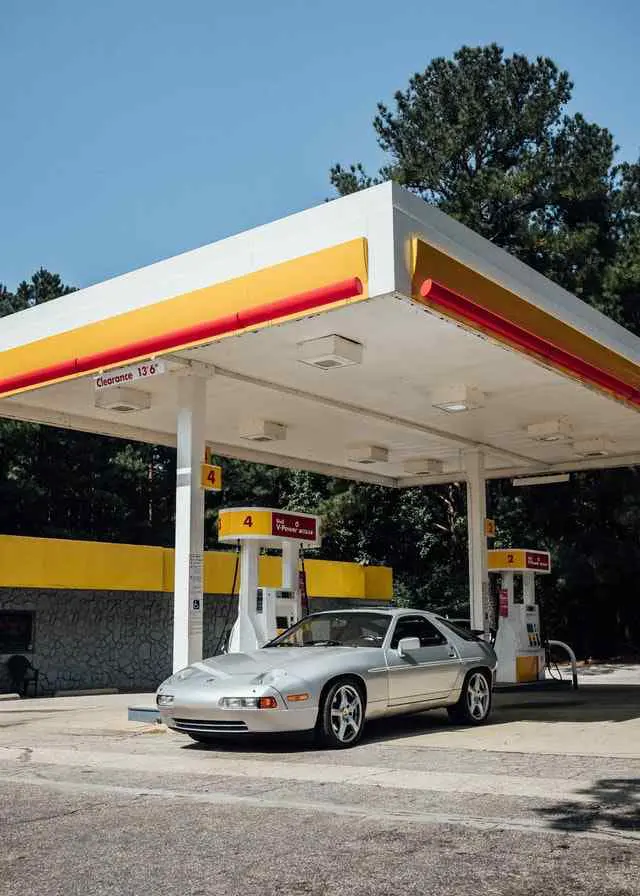
Stop for at least 15 minutes every 2 hours to let your car rest on a road trip. A car doesn’t mechanically need rest if it is well-maintained, and in a good state of repair. Breaks from the road, however, are important for your own safety, health, and level of alertness. Take a break every couple of hours to stretch your legs, and keep on top of the engine, tires, and fluid checks.
It’s possible for cars to overheat if their coolant is running low or there is a malfunction. This happens rarely in modern vehicles, but very hot weather can be a contributing factor.
Avoid injury and burns by allowing the car to cool before you open the hood or fluid tanks. 30 minutes is advised for a car to cool down.
- Keep fuel topped up
- Check tire pressures regularly
- Check fluid and oil levels regularly
- Stretch your legs
- Stay hydrated
Do cars need rest during long trips?
Cars do not need rest during long trips provided you have thoroughly checked and maintained your vehicle prior to departure. If the vehicle is mechanically sound and has sufficient fuel, engine oil, water, and coolant, the car can drive for long distances with ease. Monitor the temperature gauge for signs of overheating and pull over if it exceeds the normal range.
Before your travels, get your vehicle checked, any engine issues fixed, and the car made safe for your long drive. Before a long drive, my advice is to visit a professional mechanic to check your car over.
Are long-distance drives bad for your car?
A long-distance drive is not bad for your car provided you have serviced your vehicle and have sufficient engine lubrication, coolant, water, and fuel. Short-distance road trips involving frequent acceleration and lower speeds actually generate more wear on engine components. You should check the levels of essential fluids prior to departure and ensure your tires are inflated to the correct pressure.
How long can a car drive continuously?
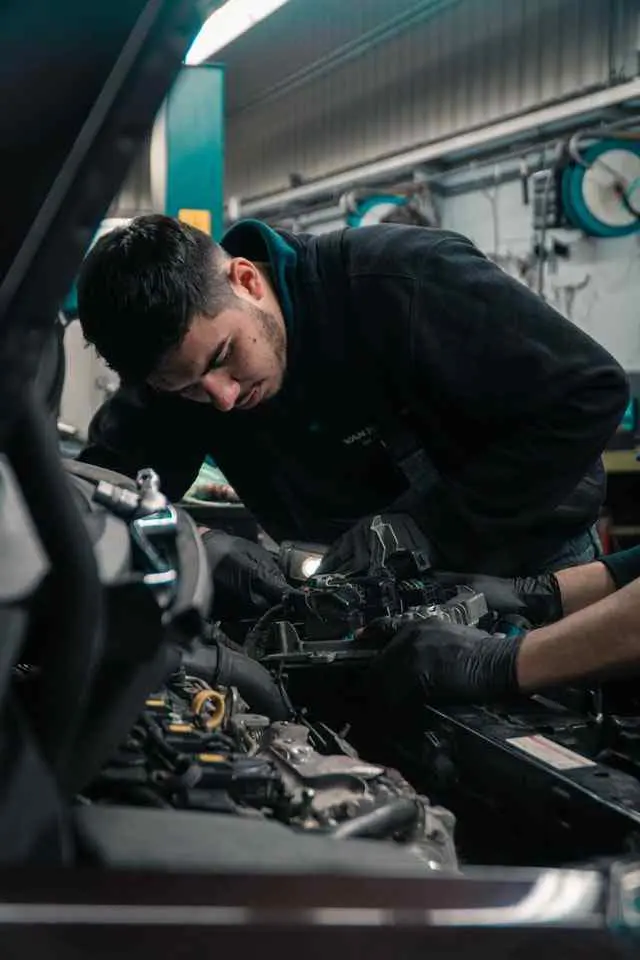
A car can drive continuously for approximately 8-9 hours before it will require refueling, depending on its tank capacity. There is no mechanical limit on how long a car can drive without stopping, provided it is well-maintained, refueled, and has sufficient engine lubrication. For a specific vehicle, the time is equal to the tank capacity divided by fuel consumption per hour.
Check the engine fluids, tires, tire pressures, oil, and coolant levels before you travel a long distance. Before a long road trip, have your car checked by a mechanic.
Is driving your car all day bad?
It is not bad to drive your car all day if your vehicle has been properly serviced and has sufficient fuel. A car can easily drive for 12 hours or even 24 hours straight without mechanical issues, provided it has undergone scheduled maintenance. Monitor the temperate gauge and stop in the case of driver fatigue or unusual noises.
Can I drive long distances without stopping?
Always factor in frequent breaks to your road trip itinerary; driving a long distance without stopping at all is unsafe. You need to stop every 2 hours for at least 15 minutes. Your endurance, alertness, and reaction time dramatically reduce if too long is spent behind the wheel. It is dangerous to drive without breaks, as you are prone to falling asleep at the wheel.
- Never drive more than 2 hours without stopping
- Get out of the car when you stop
- Stretch your legs (go for a walk)
- Hydrate and grab some food
- Go to the toilet
- Switch drivers if you feel tired
- Never risk driving tired
A maximum of 8 hours in a day overall (with stops every 2 hours), is suggested as a safe driving time. Without stops, your level of alertness is decreased, and tiredness can set in, resulting in potential risk to yourself and others.
Check out Road Trip Tips to be extra prepared!
Do long road trips damage your car?
A long road trip won’t damage your car if the engine has no mechanical issues. When planning your long-distance journey, take your vehicle to a professional mechanic before you travel. Get repairs, checks, and maintenance done in advance. Drive efficiently and monitor the fluids and tires along the way to prevent damage.
Never ignore warning lights, strange smells, fumes, or noises. Plan your route to avoid bumper-to-bumper, city traffic where possible. Steady, consistent-speed driving is better for the engine and more fuel-efficient. Accelerate gently and don’t drive too fast.
Crucial checks before you go to avoid car damage:
- Engine oil
- Coolant
- Screen-wash fluid
- Tire treads
- Tire pressures
- Brakes
- Brake fluid
- Transmission fluid
- Belt checks
- Air filters
- Headlamps
- Electrics
- Don’t forget your service, MOT, and tax.
See our guide on How To Prepare Your Car For A Long Road Trip
Is it better to rent a car for long road trips?
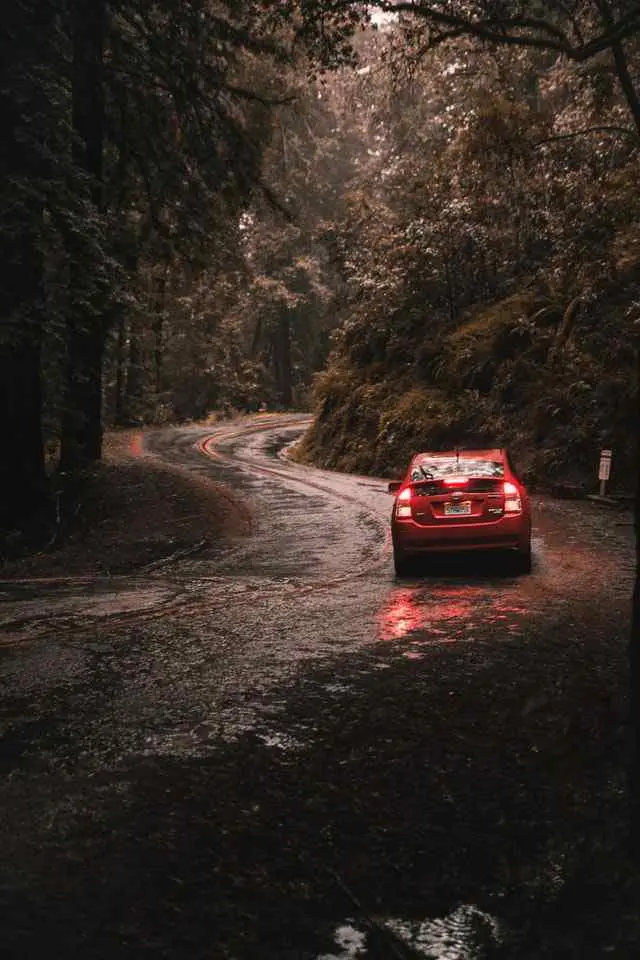
If your car is unreliable or unsafe, then it is better to rent a car for long road trips. If your vehicle isn’t fuel-efficient, exploring rental options could save you money. However, if your car is safe, reliable, and fuel-efficient, then use it. Consider also, whether your car is big enough for passengers and luggage, yet still comfortable for long-distance travel.
If you are concerned about adding big mileage to your clock, which may depreciate the car’s value, a rental car might be more cost-effective long term. The priority is enjoying your road trip, so if you’ll resent being in your own car, explore RentalCars.
Considerations for renting vs using your own:
- Is your car safe and reliable; get it checked by a mechanic to find out
- Your travel route; any off-roading planned that might need a different type of car (e.g. SUV or 4X4)
- Is your car spacious and comfortable enough to fit passengers and luggage
- Does your car have appropriate features for long trips (AC/power steering etc)
- Are you nervous about accidents with being on the road? Rental companies offer extra protection products for peace of mind.
- Rental prices tend to increase closer to the dates. Book early to save money on a rental car.
Take a look at the Best Cars To Sleep In.
Will my car overheat on a long drive?
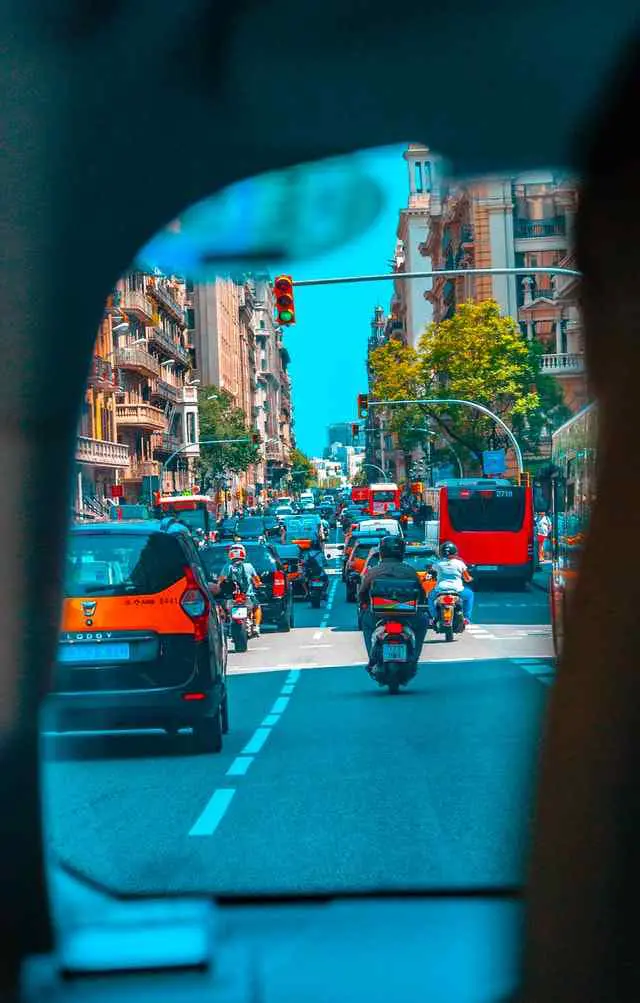
Your car may overheat on a long drive if you are in stop-start traffic in hot conditions. Other more serious problems of overheating are hidden engine problems (including head gasket, water pump, thermostat, radiator). Low fluid levels (coolant and engine oil) can cause overheating too, so check them before you leave. Signs of overheating are steam from the hood, a rising temperature gauge, and abnormal engine smells.
If your car overheats in hot weather take regular stops, and allow the engine to cool down for 30 minutes. When in heavy traffic, try to gently crawl rather than stop-starting. Turning off your AC can also reduce engine workload and prevent overheating.
Never open a hot hood (or any fluid containers within the engine) immediately after you stop, as you risk burns. If you feel unsafe or unsure to look in your engine, don’t put yourself at risk, call in a mechanic.
If you are traveling with a dog, regular breaks are absolutely non-negotiable. Check out Planning A Road Trip With Your Dog, and information on the laws of Leaving Your Dog In A Car.
What do I do if my car overheats on a long drive?
If your car overheats on a long drive, turn off the AC, open the windows, and pull over when you can. When parked, allow your vehicle at least 30 minutes to cool, and when completely cool, check the fluid levels (oil and coolant). Never open a hot hood or fluid cap until the car is cool. Top up where needed and call for a mechanic if the warning signs persist.
When waiting to pull over, turning on the blower can help, as it directs hot air from your engine into the car. This is not nice for you on a hot day though. Going easy on the brakes, and driving steadily in heavy traffic can help your engine too.
You are at risk of damaging your vehicle if you ignore warning signs and continue to drive without it getting checked. This Roadside Emergency Kit is top-rated, and essential if you find yourself in the unfortunate position of being at the side of the road on your road trip.
Thanks for reading and safe road-tripping! Comments and further suggestions are welcome!
Disclosure: Some of the links in this article may be affiliate links. This means I earn a commission if you make a qualifying purchase, but this is at no additional cost to you. Thank you for supporting The Road Trip Expert.


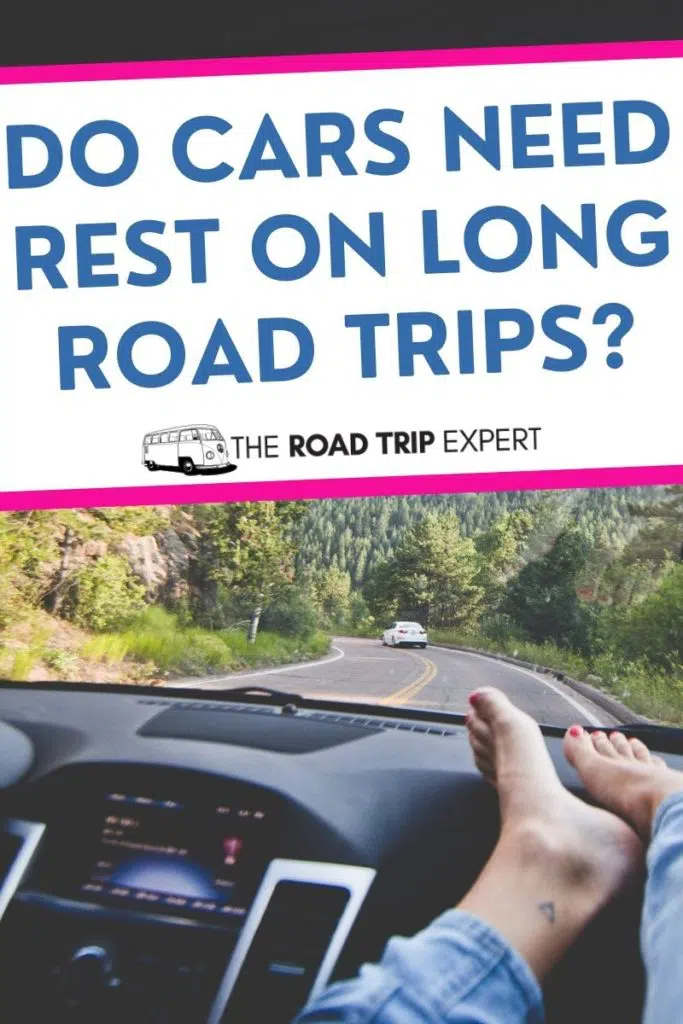
Roger Zapparelli
Monday 24th of May 2021
This website is outstanding and so helpful for those of us who have little cross country driving experience. They cover everything we need to know and and more! Rent a car or drive your own? Travelling with a pet? itineraries, etc. Excellent!